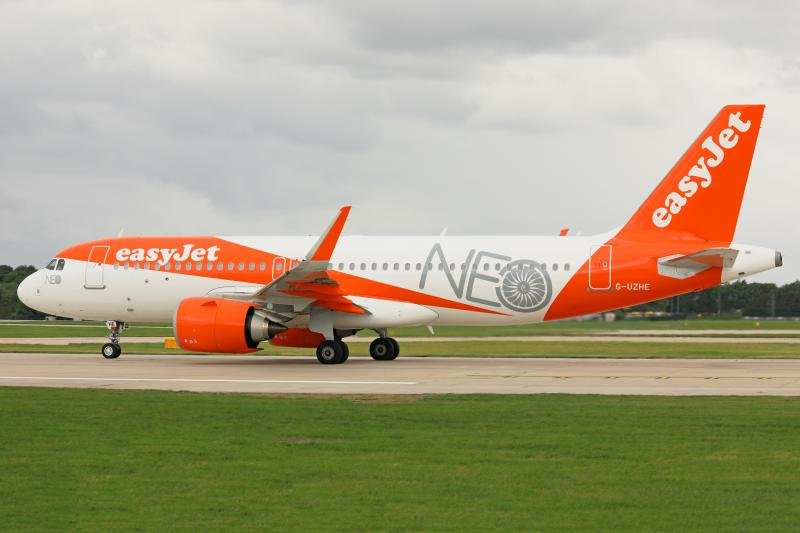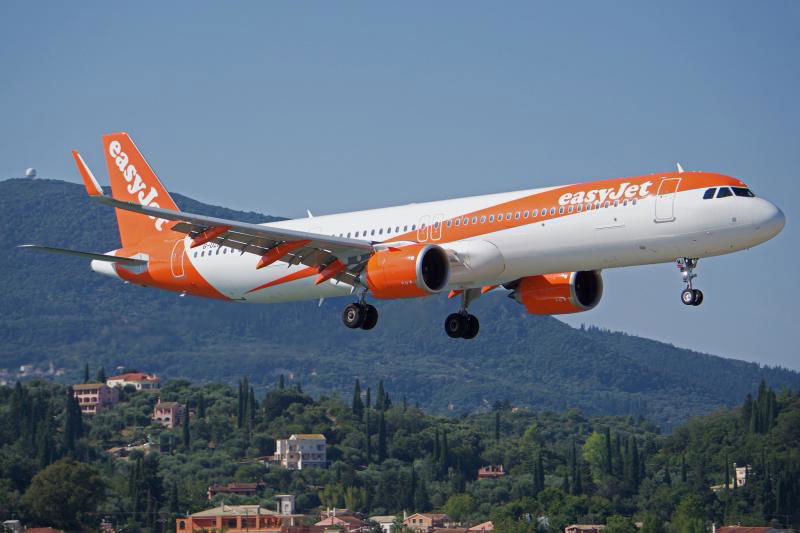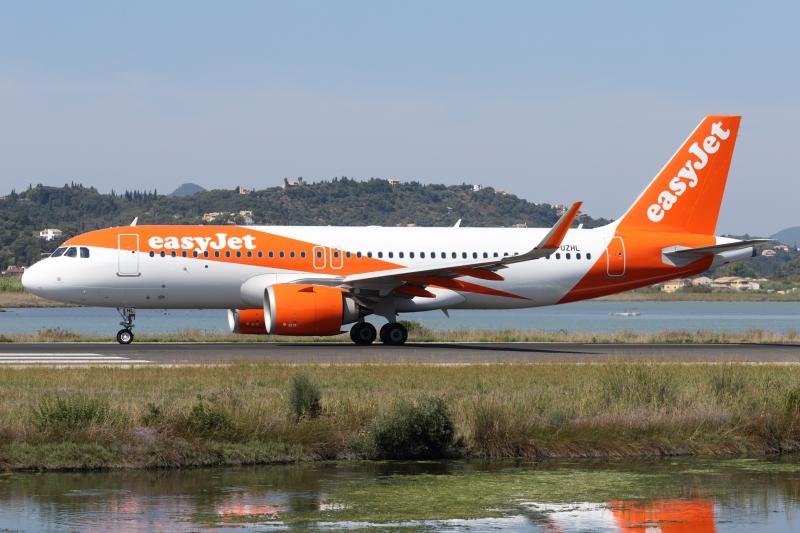As it continues to deal with the COVID-19 crisis, the low-cost carrier lays out its plans for new aircraft handovers
Luton-based easyJet says it will not accept any new aircraft next year as it readjusts its delivery profile to better fit demand amid the continued disruption caused by the coronavirus crisis.

Following discussions with Airbus, easyJet has agreed to move 22 delivery slots from the 2022-2024 financial year to the 2027-2028 period. In addition, there will be movement of 15 hand-over dates within the 2022-2024 cycle to more closely match forecast seasonal requirements.
These changes will result in easyJet taking no deliveries next year, eight in 2022, seven in 2023 and 18 in 2024.
According to Airbus’ November delivery statistics, the UK carrier has 129 A320neos and 30 A321neos on order, of which 37 and 14 have been delivered, respectively.

In a statement to investors, the company said terms of a 2013 order – in which it purchased 100 A320neos – remains unchanged and that the aircraft included in that deal are still subject to a discount from list price.
EasyJet has retained options to increase its deliveries in 2023 to 30 aircraft, reflecting an acceleration of deliveries from future financial years. This option to accelerate is subject to Airbus' normal commercial and industrial constraints and is exercisable by December 31, 2021.

Johan Lundgren, easyJet CEO said: “This latest amendment to our longstanding agreement with Airbus reflects easyJet's significant fleet flexibility as well as the benefit of highly attractive aircraft pricing. In this period of uncertainty, this flexibility is even more valuable, as it will enable us to quickly flex our fleet size in response to customer demand.
“easyJet's unrivalled European network of number 1 and 2 positions in primary airports, strong liquidity and flexibility will enable us to capture pent-up demand as customers return to the skies.”
In November, the firm reported its first full-year loss in its 25-year history. The carrier – which grounded its entire fleet from March through to June – posted a loss of £1.27bn for the year ending September 30 as revenues decreased by more than half to £3.09bn.

